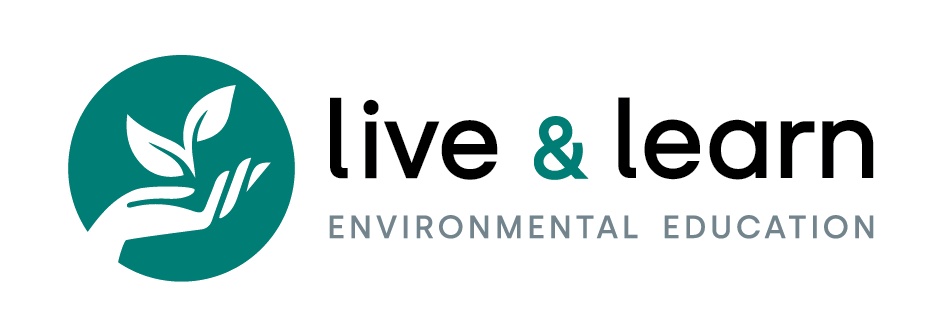
Tropical Cyclone Harold passed through the Solomon Islands as a category 3 storm on the 2nd and 3rd of April. It left widespread damage in its wake before moving onto Vanuatu, Fiji and Tonga. Tragically, 27 lives were lost, and many were left with immediate needs for food, shelter and other basic needs.
During this time, like many other nations, the Solomon Islands was managing the prevention of the coronavirus and already in a State of Emergency. Currently no known cases of COVID-19 have been reported within the country, but strict measures are still being undertaken to ready their fragile health system to deal with any potential outbreak.
Live & Learn Solomon Islands has partnered with Care Australia for COVID-19 awareness and Tropical Cyclone Harold disaster recovery. Managing the two issues in tandem has meant improved sanitation and hygiene practices are being enforced in the areas affected by the cyclone. So far the activities done with Care Australia include the distribution of soap and boxes of hygiene kits to eight communities. These are communities where Live & Learn and Care Australia have been active in through disaster risk reduction activities through the Australian government “Australian Humanitarian Partnership.”
Pamphlets, leaflets, posters and other awareness materials have been distributed in conjunction with door-to-door awareness in Honiara and awareness discussions with villages in Guadalcanal. 450 containers for hand-washing have been distributed and hand-washing demonstrations have also taken place.
A Live & Learn staff member reporting in from a remote community area in Wanderer Bay said “Live & Learn is the first organisation to reach us after the cyclone with awareness for COVID-19. We really want to hear and know about this sickness but no one came to see us and inform us about how this disease can spread or how we can contract it.”
By partnering with Care Australia, Live & Learn Solomon Islands has been able to improve their response to both emergencies and reach vulnerable communities.


